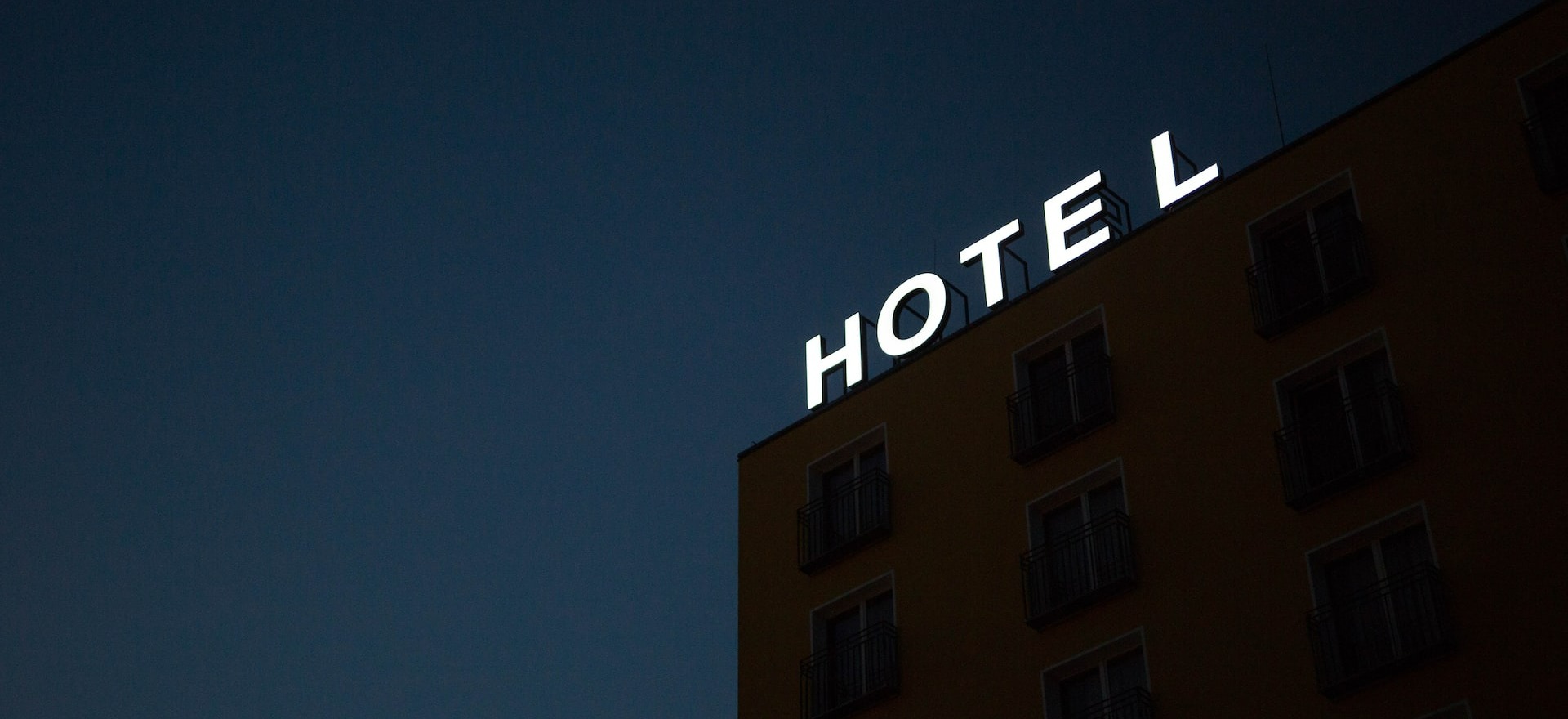The hotel industry, like any other, is evolving. So what does the hotel of the future look like and how will technology evolve alongside the central mission of the hospitality industry: Creating a consistently welcoming environment, with great service in scalable and sustainable ways. Here are 4 ways to make that happen.
1. Find ways to clarify the picture of your ideal guest
In order to create a sustainable plan for your hotel, you first need to have a clear image of your ideal guest and what they need. This would include details like what your guests like to watch, what add-ons or upgrades they prefer at the booking stage, as well as how they prefer to access services like apps, QR scans or face-to-face. This also includes what kinds of questions they ask, their language preference and the nature of their stay like business, family vacation or leisure. Armed with this type of guest-centric information you can then map out a more precise vision and strategy for your hotel’s future. This information will also give you a good grounding for a more meaningful technology investment.
2. Link your tech investment to specific goals
Technology is the norm in the hotel industry, but it is important that these investments are wise and always link to specific strategies and outcomes. This starts with some important initial questions like:
- How has technology changed or adapted to our needs in the previous year?
- Are there any areas when individual locations are falling behind in meeting key objectives?
- How are guests responding to the booking process, getting seated at a restaurant, making booking changes, securing facilities and other aspects of the customer journey?
- How easy is it for staff to maintain these activities on site?
Once you understand this, you are then in a better position to evaluate how much new tech to invest in and where these resources are most needed.
3. Bring brilliant minds together
Sometimes the most talented minds in an organisation are overlooked or get lost in the rush. This makes it so important to encourage as much participation and collaboration as possible between employees and leadership on how to improve the guest’s journey. This not only helps you maximise on strategy but it also brings you into direct contact with the minds operating on the ground of your establishment. A great way to encourage this collaboration is by creating forums to discuss ideas, observations and experiences which can then be fleshed out into strategies. Some starting points for discussion might be:
- Understanding what their challenges are in their day-to-day work?
- Sharing team or individual wins through storytelling.
- Thinking about any ideas they have for streamlining processes across the business.
When you create a culture of collaboration and open communication, there is benefit across the business, which will be a massive coup for leadership. It also ensures everyone is invested in future plans as many of the ideas will have been seeded in the team’s thinking.
4. Consider the consequences of inaction
An interesting way of planning for the hotel of the future is by anticipating outcomes if no action is taken at all. In other words, if you look at a particular area of your hotel and consider what would happen there if you did nothing, you might quickly realise there are consequences to inaction. This can be a powerful motivator for figuring out how to make things better, and faster. Often, staff and leadership are slow to change and can get stuck in the status quo. In these times, the right technology partner can make all the difference in holding your hand and helping you embrace and incorporate change.
The bottom line
While the future remains unknown, by springboarding off the core aspects of a hotel (empathy, intelligence and scalability), the future for your hotel is not so abstract and can be achievable in the not-so-distant future. In this way, you don’t need to wait for the future, because by holding your guests in mind and building and improving strategy now, you will be placing yourself in a strong position to make the future happen on a daily basis.

